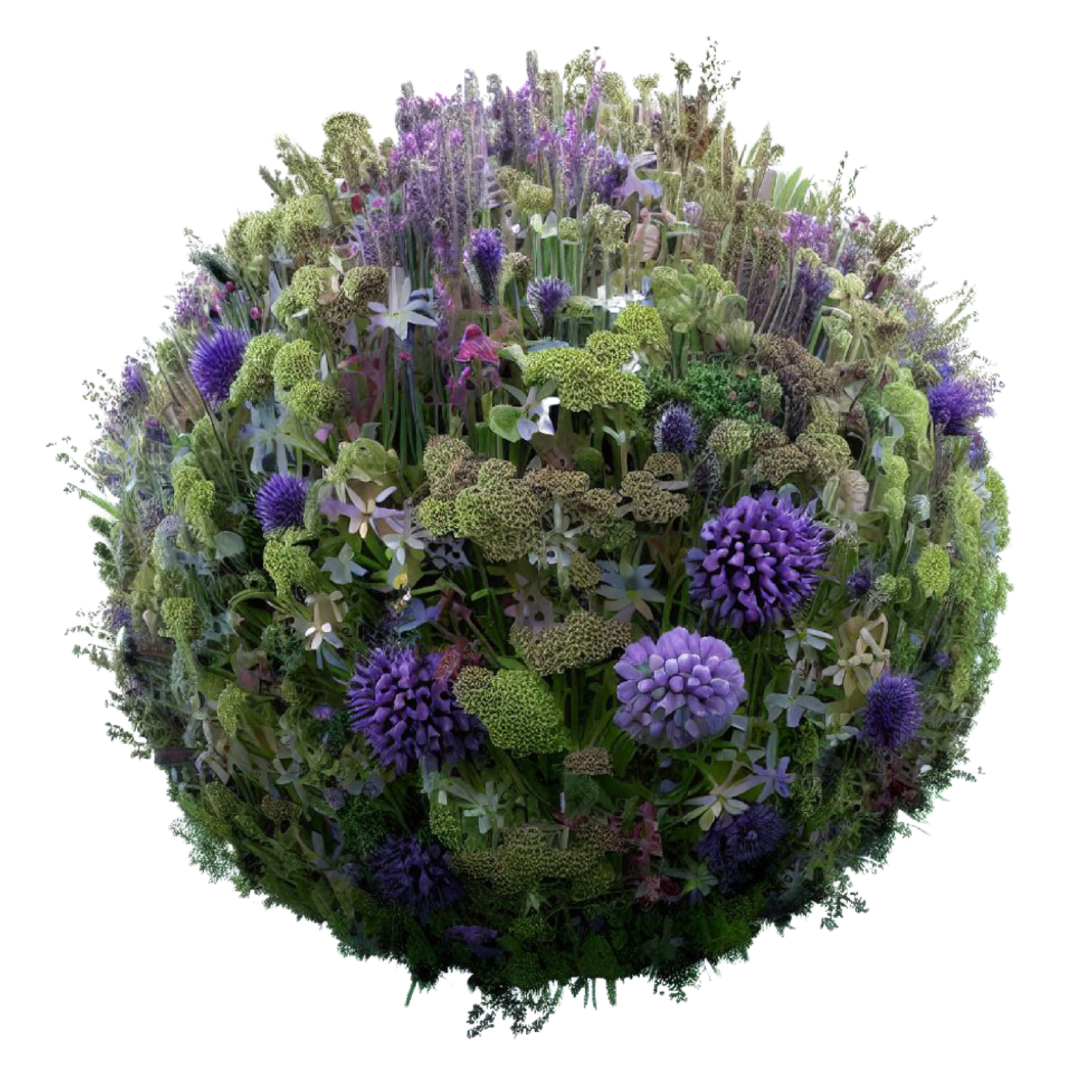Bluefin tuna is one of the most endangered species on the planet but it’s still being served in London restaurants.
Monkfish is not very sustainable either – if it’s on the menu, ask the restaurant about their sustainable fish policies
The Hive Beach Cafe in Burton Bradstock is one of the first to sign up to the Marine Stewardship Council guidelines
Photo taken in October 2011
Photo taken in October 2011
In some ways I’m a restaurant’s dream customer because I eat out a lot. But in some ways I’m a nightmare because I ask lots of questions, particularly about sustainability policies – or more often the lack of them. Recently, I’ve taken to tweeting about this too.
Recently, I went to Brinkley’s Restaurant in Hollywood Road. My friend asked what type of tuna they were serving. The waitress had no idea, so she went to ask in the kitchen. Her answer horrified me – bluefin tuna! Anyone with a glimmer of interest in sustainability issues will know that this is one of the most endangered fish species on the planet. It’s a bit like eating a panda or a tiger.
A very charming manager came to our table. She explained that Brinkley’s food was bought centrally, for all eight of their restaurants, so it wasn’t something she got involved with.
I suggested that she should recommend they check fish species with Fish Online. It’s a brilliant website where you can look up the sustainability rating of any fish. The higher the rating, the more problematic the fish – and 5 is the worst. That’s what bluefin tuna gets.
The River Café in Hammersmith wasn’t much better. The waiter was also baffled by our question about their policies on sustainable fishing. So he asked Ruth Rogers, the owner, to help us out. She said that all their fish were ‘line caught’. But when we explained that this wasn’t the only relevant sustainability criteria, she appeared to flounder. We didn’t point out that monkfish, which was on the menu, is not line caught!
Rick Stein is another celebrity chef who really ought to know better. But when I went to his Fish & Chip restaurant in Padstow in 2009, I had a similar experience. The waitress didn’t even know what sustainability meant.
However, I haven’t just had negative experiences. Dorset’s Hive Beach Café in Burton Bradstock has signed up to the Marine Stewardship Council guidelines on sustainable fishing. And it has a blackboard telling you about where their fish comes from. It makes it so relaxing to eat there. If you want find out other restaurants with good fish policies you can look them up on Fish 2 Fork.
 Of course, sustainability is not just about fish. It’s about how much energy, water and waste, as well as where the food comes from and even about community engagement too. That’s where the Sustainable RestaurantAssociation comes in – they offer advice to restaurants to improve their practices. And they have a ranking system too, so customers can see who’s doing well.
Of course, sustainability is not just about fish. It’s about how much energy, water and waste, as well as where the food comes from and even about community engagement too. That’s where the Sustainable RestaurantAssociation comes in – they offer advice to restaurants to improve their practices. And they have a ranking system too, so customers can see who’s doing well.The SRA’s most recent campaign is to encourage the provision of doggy bags. They’ve worked out that the average restaurant produces 21 tonnes of food waste a year, which is about half a kilo per customer. I suspect that Yo Sushi produce even more than that. When I interviewed one of their staff, they estimated that they threw away about a third of what they make. And none of it appeared to be recycled. Clearly, they’d benefit from joining the SRA.
Waste is actually one of my biggest concerns. I have a particular problem with the number of disposable napkins handed out. My children seem to think I’m a nightmare in restaurants, but I could be a dream if there was more sustainability on the menu!
A version of this article is being published in Restaurant Magazine





